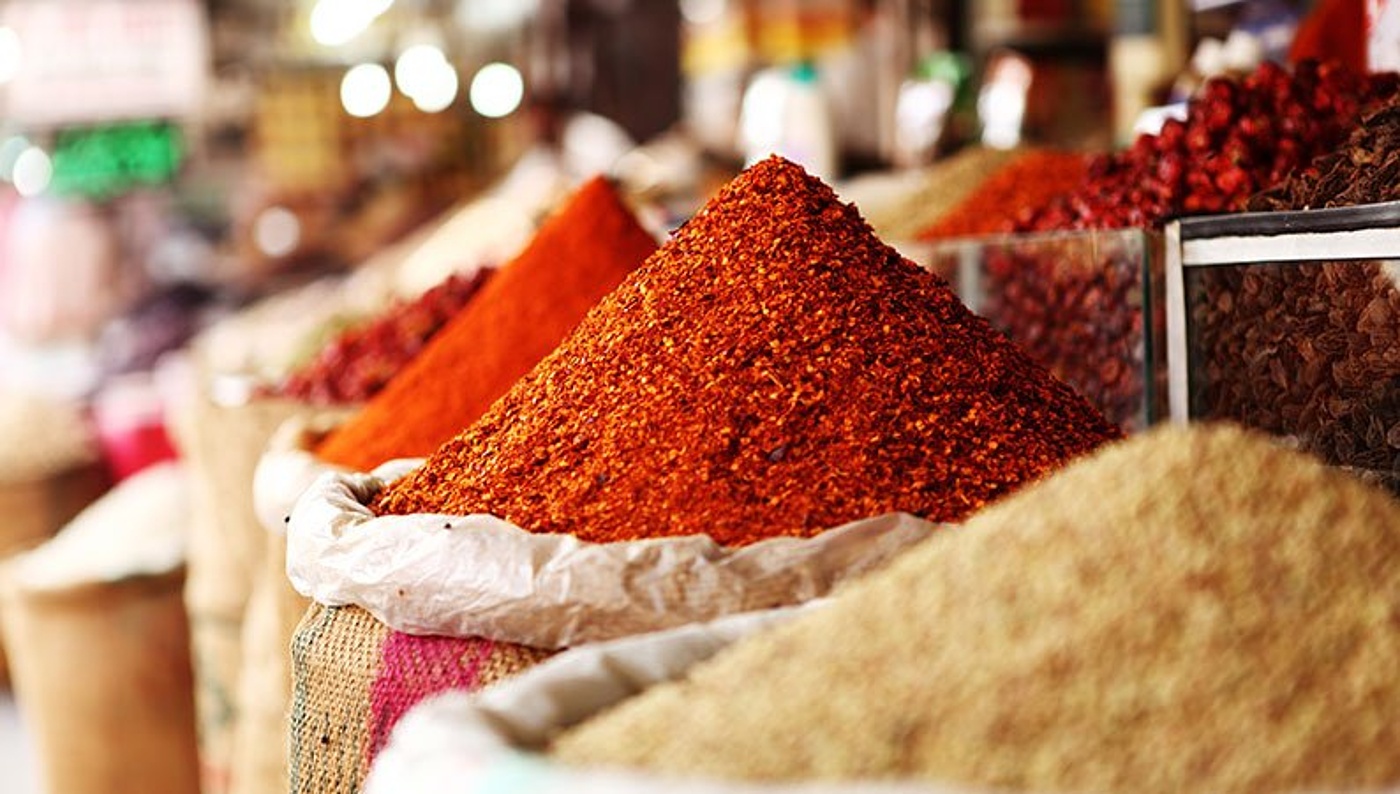
Enjoy your meal! Pakistan adds geographical indications to their IPR menu
The Upper House of Parliament passed the much-awaited Geographical Indications (GI) Bill, which was published in Gazette of Pakistan on March 31, 2020. The GI law is a much needed legal and commercial tool to protect the cultural heritage — spanning 5,000 years — of goods produced and manufactured in the country.
Now Pakistan will finally be able to claim and use GIs for goods, and more than hundreds of products are expecting registration. Some famous products of Pakistan are the Hunza apricots, Peshawari Chappal, Multani Sohan Halwa (desserts), Sindhi Ajrak (shawls), Sargodha Kinnows, Kasuri Methi (Fenugreek), Sindh Mangoes, Dhir Knives, Swat Wild Mushrooms, Chaman Grapes, Pashmina Shawls and many more.

The move was necessary to recognize and protect the country's GIs in the interest of the public at large and as part of the more significant reforms of trade and industry aimed at the betterment of the under-developed areas of Pakistan.
It is a maneuver that provides interested parties with the legal means to prevent the use of any designation or presentation of goods that indicates or suggests that the products in question originate from a different geographical area than the protected one. The law is also in line with Article 22 of the Agreement on Trade-Related Aspects of Intellectual Property Rights (TRIPS). At the same time, and following the experience of other countries, the GI regime should help create consumer awareness, protect the national heritage and consolidate culturally significant products, both domestically and abroad.
Any individual, registered company or group of companies, government organization, statutory body, association, group of producers or producer organization, or other operator having an interest in the registration may own a GI. The duration for registration of an authorized user of a GI is valid for an initial period of 10 years, which is renewable for subsequent 10-year periods.

Hunza Apricots are a delectably sweet variety that grows wild in the Hunza Valley, northwest Pakistan. Fruits are usually left to dry on the tree and can be used in dishes like curries, stews, jams and baked goods. Image source: Wikipedia.
When the GI has been registered for any particular product, the authorized users entered in the register are entitled to use the recorded GIs for their goods subject to compliance with the product specification. Said use includes applying it on products, packages, advertising material and any other document related to the registered geographical products. There will be a national GI logo to certify all GI products registered in Pakistan.
The application for registration of foreign GIs can be made at the registry through its legal representative in Pakistan. The registry will not allow the registration of a foreign GI, which is not or has ceased to be protected in its own country of origin or which has fallen into disuse in the respective country.
Qualifying countries for the registration of geographical indications are:
- Members of the World Trade Organization
- Members of the World Intellectual Property Organization
- Parties to the Paris Convention
- Any other country which the competent authority may designate as a qualifying country based on reciprocity
Lawsuits for GI infringements should be initiated before the Intellectual Property Tribunal (IPT) of the relevant provincial jurisdictions, while appeals against the decision of the GIs registrar will be heard before the respective High Court. Users are now waiting for the implementing regulations setting out the details and fees.
We recommend interested parties to start preparing the necessary paperwork, and Dennemeyer is happy to be of further assistance.
Filed in

Learn why brand name and trademark law matter for your business, from marketing efforts to bottom lines.



